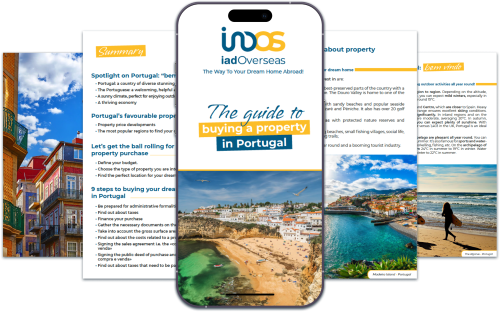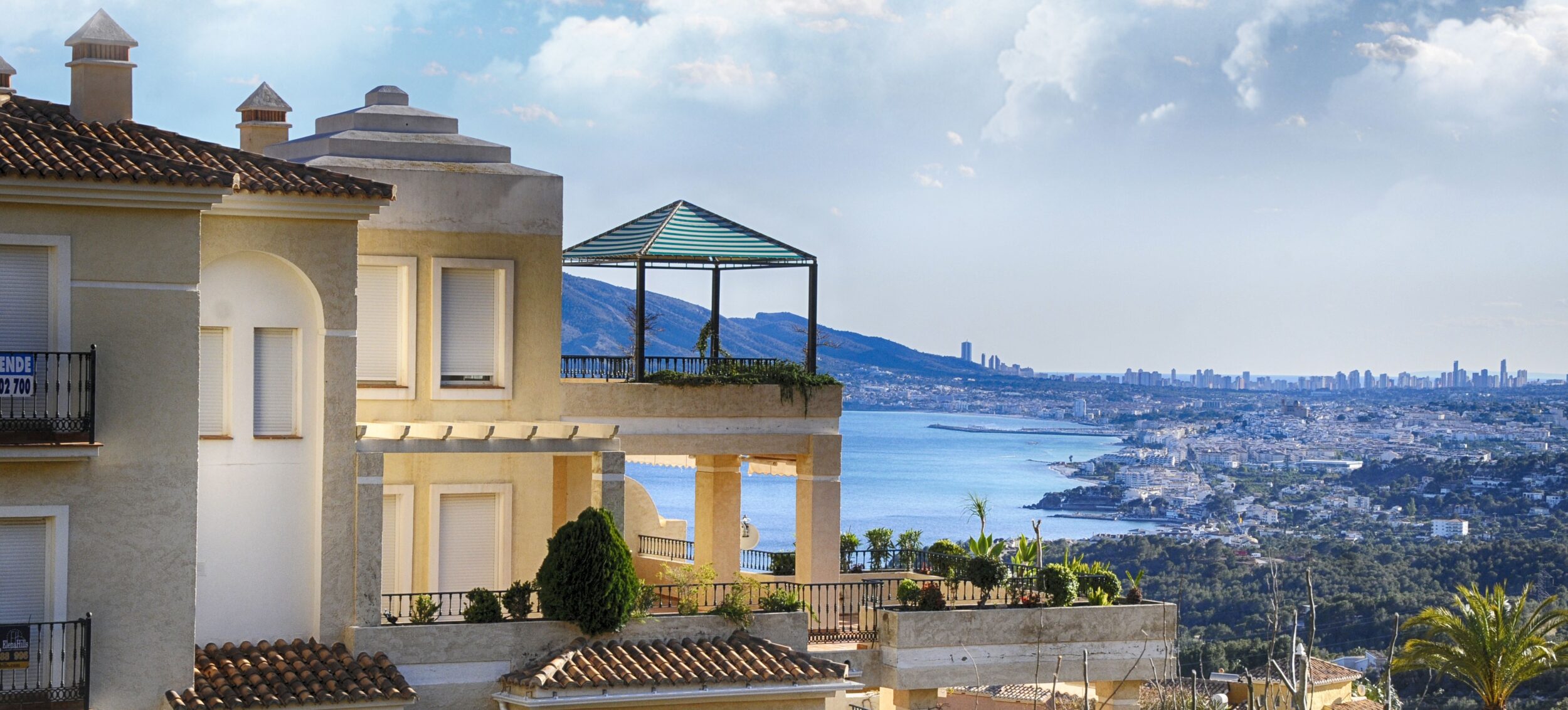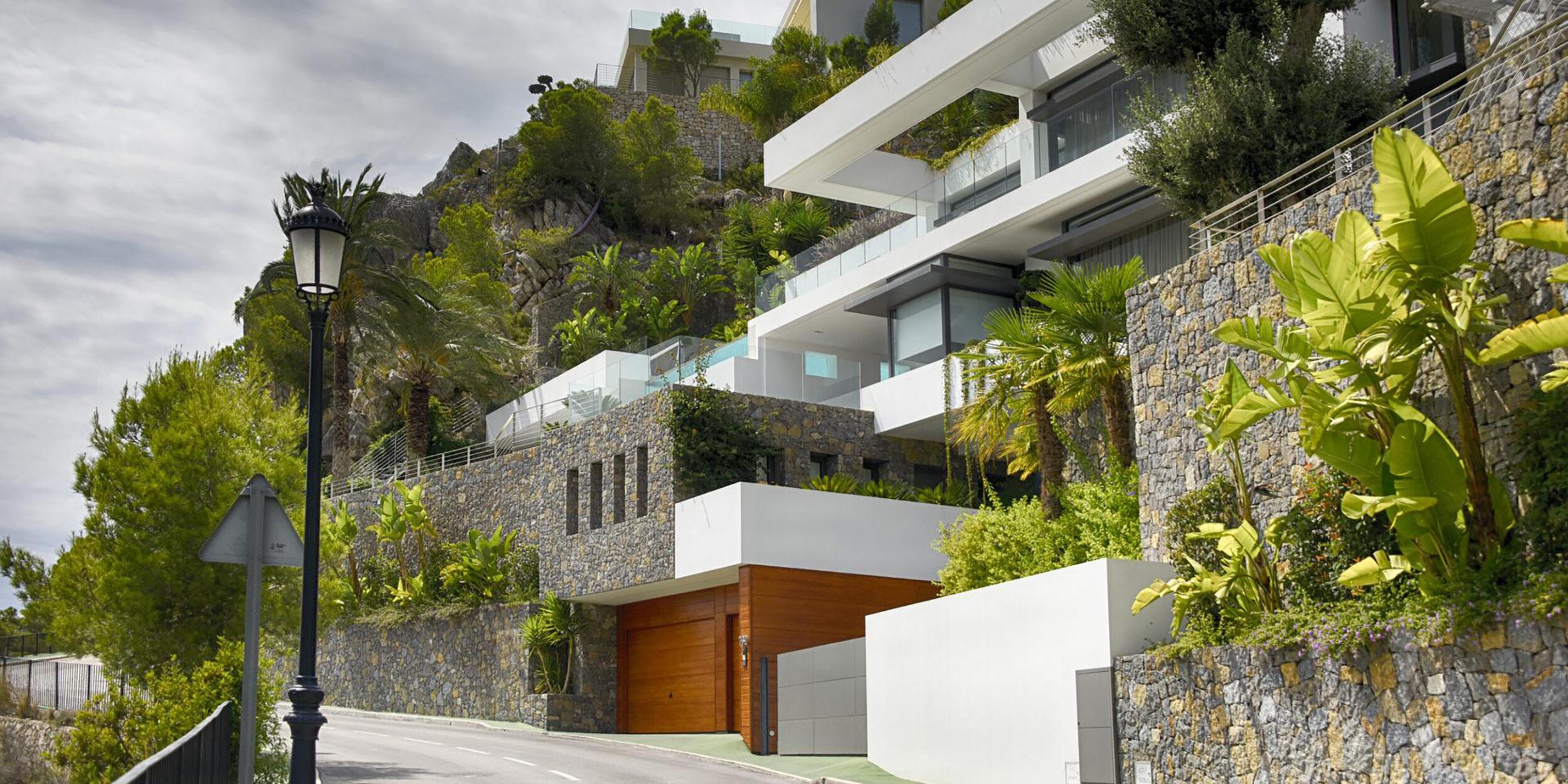
Beautiful coastlines and inland scenery, a healthy Mediterranean diet and affordable house prices… what other reasons do you need for deciding to move to Spain?
This article looks at the current Spain visa situation, highlighting the requirements for UK citizens.
Spain is famous for its vibrant cities like Barcelona and Madrid, where historical architecture meets modern living, plus the miles of Costas and inland rugged landscapes. The Spanish lifestyle prioritises family and friends and there’s always an excuse to take part in a fiesta.
Whether you’re planning to retire, work remotely, or start a new life with your family, Spain’s diverse opportunities and laid-back lifestyle make it a fantastic place to call home.
Do you need a visa for Spain?
Spain’s cost of living is more affordable than many other European countries making it an attractive destination if you want a good standard of living on a realistic budget.
Out of 43 countries surveyed in 2023, Spain ranked 24th in the cost of living index, with Switzerland being the most expensive at number 1 and the UK ranking number 17.
However, to move to Spain you may need a visa, depending on your country of origin.
However, to move to Spain you may need a visa, depending on your country of origin.
EU/EEA/Swiss Citizens
If you are a citizen of the European Union (EU), the European Economic Area (EEA), or Switzerland, you do not need a visa to enter Spain. You can live, work, and travel freely within Spain and other EU/EEA countries.

Non-EU/EEA/Swiss Citizens
If you are from a country outside the EU, EEA, or Switzerland, the visa requirements vary. Since 2020 when the UK voted to leave the EU, British citizens now require a visa to emigrate to Spain.
- Short stays (up to 90 days)
Citizens of many countries, including the UK, don’t need a visa for tourist or business stays of up to 90 days within 180 days in the Schengen Area (which includes Spain).
- Long stays (more than 90 days)
If you plan to stay in Spain for more than 90 days you must apply for a long-stay Spain visa, regardless of your nationality.
What is the legal length of stay in Spain for UK citizens?
The 90-day rule
This rule can be confusing, especially if you travel to other countries in Europe. For example, if you decide to take a road trip from the UK around France, Spain and Portugal you will only be allowed to stay in Europe for 90 out of 180 days.
This Schengen calculator can help you plan your trip to Spain and Europe.

How do I get a visa to live in Spain?
When you decide to live in Spain you’ll have to apply for a long-term Spain visa if you’re from the UK or a non-EU country.
Working and living in Spain
If you intend to move to Spain and will be working for a company or as a self-employed (autónomo) person you must obtain a work visa and residency.
Residing in Spain:
- On arrival in Spain, you must apply for an NIE number (Número de Identificación de Extranjero), which identifies you as a foreigner. You do this at your local foreigners’ office (Oficina de Extranjeros).
- Once you have your NIE you can apply for residency, again at the local foreigners’ office. This is known as the TIE (Tarjeta de Identidad de Extranjeros), which is an identity card issued about a month after your application.
You will need to supply your passport, parents’ names, your address in Spain, the completed application form and have paid the fee (around €12) at a bank. You can download the relevant forms, required document information and make your appointment on the government website.
Getting a Spain visa appointment at the Oficina de Extranjeros can be difficult. It is advisable to use a local gestor to do this for you. Building a relationship with a gestor is also a good idea as they will take care of your tax in Spain.
Working in Spain:
- If you will be employed you must have a job offer. Your employer will require your NIE and will apply for your registration in the social security and tax systems (Seguridad Sociale/AEAT).
- If you intend to be self-employed you should use a gestor to register you with the social security and tax systems. They will also submit your tax returns every quarter (not annually as in the UK).
Registration with the Seguridad Social entitles you to healthcare and a pension in Spain, provided you or your employer are up-to-date with your national insurance payments.
Retirement or non-lucrative visa
If you don´t intend to work, perhaps because you are retiring to Spain, you will need a non-working residence visa.
You will have to follow the residency procedure above, applying for a 1-year stay. This can be extended annually for 4 further years after which you can apply to become a permanent resident.
The requirements for the non-lucrative Spain visa are:
- You must demonstrate financial stability to support yourself and any dependents. This typically requires bank statements showing at least €28,800 for yourself and €7,200 for each additional family member.
- Private health insurance.

The Digital Nomad Visa for Spain
This visa allows digital nomads to work remotely in Spain for a year, without having to worry about the 90-day rule. The visa can then be renewed annually.
You have to apply at the Spanish Embassy in your country of residence before entering Spain. In addition to your passport and photographs, you will be asked for:
- Proof your employer will allow you to work remotely from Spain
or - Evidence you earn at least €2,400 per month or €28,000 per year if you are self-employed. This increases if your dependents accompany you to:
| Family members | € per month |
|---|---|
| 2 | 4,200 |
| 3 | 4,800 |
| 4 | 5,400 |
The Spanish Golden Visa
The Spanish Golden Visa is a residence visa designed to attract non-EU investors to Spain by offering residency through financial investment in the country.
However, in April 2024 the government voted to abolish the property purchase section of the visa. This previously gave foreigners the right to purchase property in Spain and obtain residency.
The law is currently being amended (September 2024) and there are some expected changes to the investment rules, which are currently:
- Invest at least €1 million in Spanish businesses, bank deposits, or investment funds.
- Invest at least €2 million in Spanish government bonds.
- Start a business in Spain that creates jobs, contributes to scientific/technological innovation, or has a significant impact on the local economy.
How our iad Overseas property consultants can help you
Whether you want to live on the Costa Blanca, in Madrid or the Asturias coast iad Overseas can help you find your dream property in Spain and guide you to experts to ask your questions about visas or other administrative procedures.

- https://www.numbeo.com/cost-of-living/rankings_by_country.jsp?title=2023®ion=150
- https://www.exteriores.gob.es/Consulados/washington/en/ServiciosConsulares/Paginas/Consular/Condiciones-de-entrada-en-Espana.aspx
- https://www.ageinspain.org/post/non-lucrative-visa-nlv-guide
- https://citizenremote.com/visas/spain-digital-nomad-visa/
- https://getgoldenvisa.com/the-ultimate-guide-to-spain-golden-visa
- https://www.lamoncloa.gob.es/consejodeministros/referencias/Paginas/2024/20240409-referencia-rueda-de-prensa-ministros.aspx#visa





